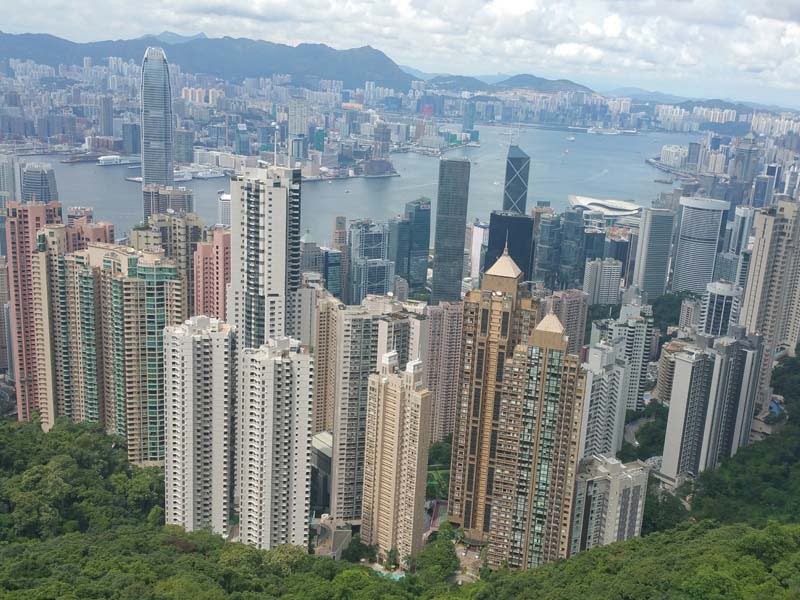Hong Kong has dramatically stepped up efforts to attract global founders to the former British colony to build companies, using its proximity to the electronics manufacturing industry in China as a central draw-card.
Like other creative hubs in the region, the Hong Kong Government has been investing in building its startup eco-system and building connections between entrepreneurs and investors.
But where the focus had until now been on encouraging local entrepreneurs to create new tech and tech-enabled businesses, the focus has now shifted to trying to lure foreign founders to set up in Hong Kong.

Speaking on the sidelines of the RISE conference, InvestHK Director General Simon Galpin was selling the dream to Australian tech entrepreneurs hard. And he’s looking for the more established players too.
“We think Hong Kong is a natural fit for Australian companies. First, we have a tremendous concentration of high net-worth individuals – probably the highest concentration in Asia, if not the world – and we have been encouraging these HNWI to become startup investors, and we have made a lot of progress in this area,” Dr Galpin said.
“So at a very basic level, there could be opportunities for Australian companies to come here and raise a first round. You don’t need to go to Silicon Valley, you can stay in the same time zone,” he said.
The second thing is that within 10 kilometres of the border you have the biggest concentration of electronics manufactures in China.
If you are a design type of company, in areas like wearable technologies or in the internet of things, there are huge advantages to being in Hong Kong. This is access to the supply chain, and to Hong Kong’s global trade connectivity.
Hong Kong is long past being a manufacturer. Everything is across the border. Its’ very specific expertise these days is in design and in project managing and scaling that over-the-border manufacturing capacity.
Anything sensor-related, or Internet of Things-related in the next five years will likely be manufactured in the Pearl River delta. Dr Galpin says it is possible now to take a product from concept to scalable manufacturing in four months.
While Hong Kong was a good jumping-off point for selling into the China market, Dr Galpin says its primary attractiveness to the wearables and IoT sector is in its business connectivity – as a place where a company can very quickly scale to global distribution ambitions.
There is a long-held perception that Hong Kong’s role is as an entrepot to China. But that is a limited – and somewhat outdated – view of the territory as a hub for a much broader set of business connectivity issues.
“If an Australian entrepreneur only wants to focus on the China market, then they are probably better off going to Shanghai or Beijing, or some other centre in China,” Dr Galpin said. “But if they want to use China for one part of their business, or other economies like Vietnam or the Philippines, then Hong Kong is a great hub to manage those different parts of the supply chain,” he said.
Hong Kong is very different from its regional competitor Singapore in its approach to attracting companies. It doesn’t get into bidding wars over tax rates, for example (and why would it when its corporate tax is 16.5 per cent and personal income tax is a flat 15 per cent.)
“We are doing two thing. We are really trying to communicate what is going on, and the rapid growth of this sector in Hong Kong. We think we are the fastest growing startup hub in the world, and we are taking that message to various audiences, from foreign entrepreneurs to potential angel investors here,” Dr Galpin said.
“And we’re also getting this message out to our young people in Hong Kong, to make it cool for them to work for start-ups and not just go off and join a multinational as a career move.”
“At the end of the day though, our day job is to make it easier for people and companies to come from Australia and elsewhere in the world to set up a business here.”
Do you know more? Contact James Riley via Email.

